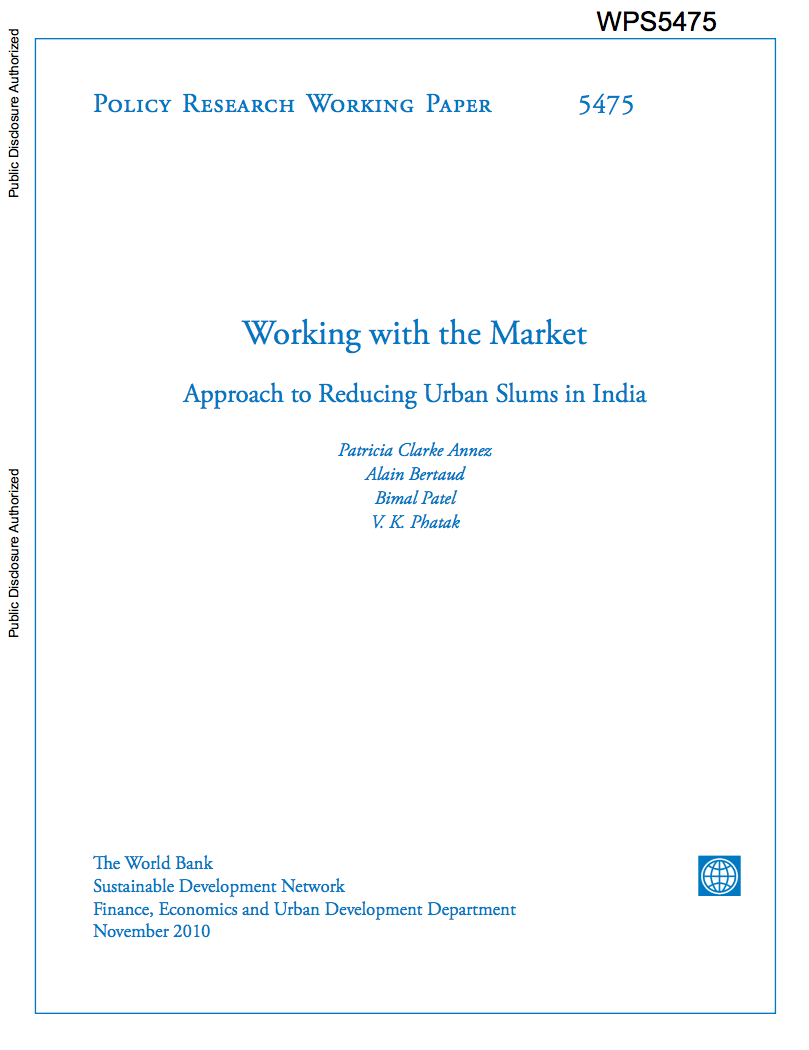Rethinking the Form and Function of Cities in Post-Soviet Countries
Eurasian cities, unique in the global
spatial landscape, were part of the world's largest
experiment in urban development. The challenges they now
face because of their history offer valuable lessons to
urban planners and policymakers across the world from places
that are still urbanizing to those already urbanized. Today,
Eurasian cities must respond to three big changes: the
breakup of the Soviet Union, the return of the market as the


